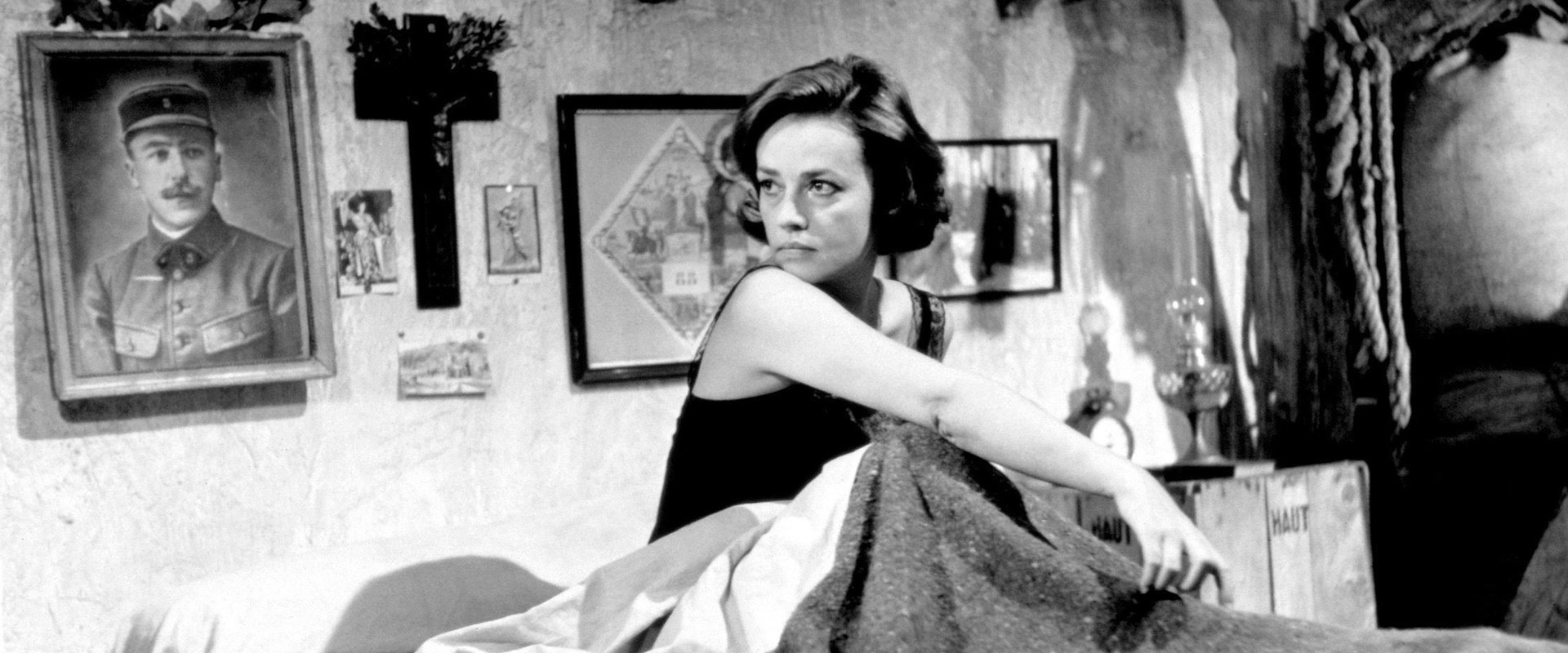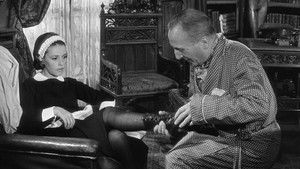Le Journal d'une Femme de Chambre (1964)
Drama
|
101 minutes
Genre: Drama
Duration: 101 minuten
Alternative title: The Diary of a Chambermaid
Country:
France / Italy
Directed by: Luis Buñuel
Stars: Jeanne Moreau, Georges Géret and Daniel Ivernel
IMDb score:
 7,4 (10.361)
7,4 (10.361)
Releasedate: 4 March 1964
Latest News

What are the top 10 most popular shows on Amazon Prime right now?

What are the top 10 most popular shows on Netflix right now?

Mahjong Scenes in Cinema: What They Reveal About Character and Culture















 Translated from Dutch ·
Translated from Dutch · 






